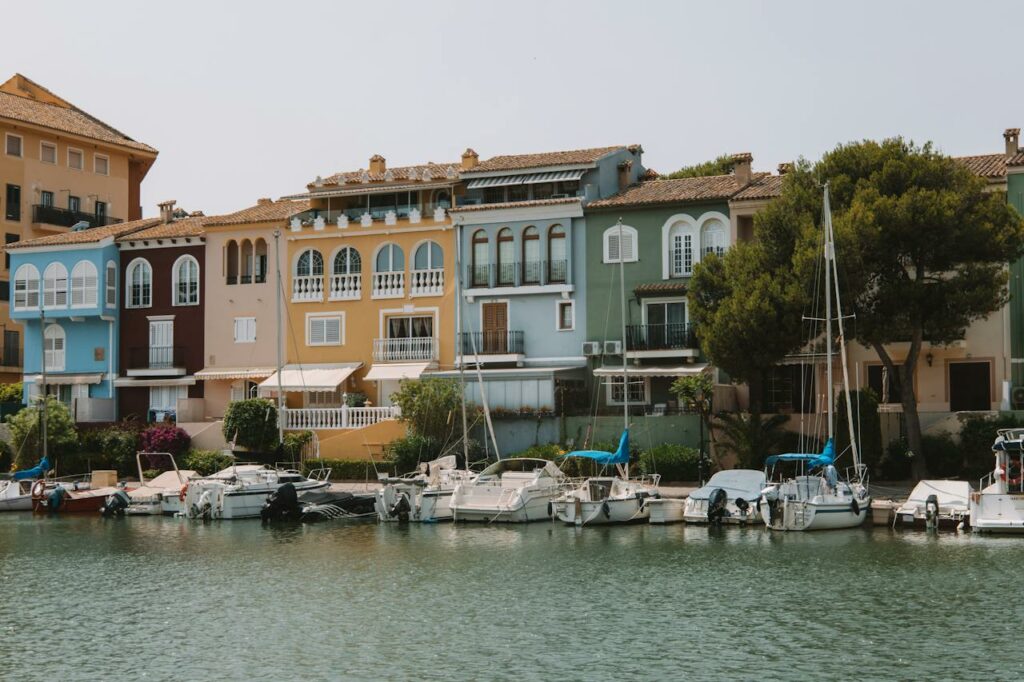Nestled on the Mediterranean coast, Oliva is a small town in the province of Valencia, part of the autonomous Valencian Community in Spain. Despite its modest size, Oliva plays a significant role in the cultural, economic, and social fabric of the region. This article explores the multifaceted contributions of Oliva to the Valencian Community, shedding light on its unique identity within this dynamic province.
Cultural Bastion
Oliva stands as a beacon of Valencian culture, with its language, festivals, and traditions deeply rooted in the regional identity. The town is a live gallery of Valencian heritage, its streets and celebrations acting as a canvas for the expression of local art forms. The ‘Festes de Sant Roc’ and the ‘Fallas’ embody the essence of Valencian festivities, characterized by elaborate fireworks, traditional music, and community spirit.
The town’s Moorish past, reflected in the architecture of the old quarter and the ‘Moor and Christians’ festival, adds to the rich tapestry of cultures that shape the Valencian Community. Furthermore, Oliva’s commitment to preserving the Valencian language, through education and daily use, bolsters the regional efforts to maintain linguistic diversity.

Agricultural Contributor
Agriculture has long been a cornerstone of Oliva’s local economy, contributing to the Valencian Community’s reputation as a fertile hub for citrus fruits, olives, and other Mediterranean crops. The town’s produce is an integral part of the regional exports, with oranges from Oliva being particularly renowned for their quality.
Tourism Magnet
Oliva’s pristine beaches, golf courses, and marinas draw visitors from across Europe, positioning it as an attractive tourist destination within the Valencian Community. The tourism sector not only boosts the local economy but also highlights the community’s appeal as a diverse and hospitable region. The influx of tourists to Oliva leads to greater recognition of Valencian customs, cuisine, and way of life, further promoting the community’s cultural values.
Environmental Stewardship
Oliva’s natural landscapes, such as the Marjal de Pego-Oliva Natural Park, contribute to the Valencian Community’s environmental diversity and efforts in conservation. The park, a wetland of international importance, underscores the community’s commitment to protecting biodiversity and offers a model for sustainable development.
Sports Hub
Sports, particularly water sports like surfing and kiteboarding, have found a welcoming home in Oliva. The town’s marina and its facilities enhance the community’s reputation for excellent nautical activities and sports tourism, attracting enthusiasts and professionals alike to the Valencian coast.
Educational Center
The educational institutions in Oliva, though smaller in scale, add to the academic landscape of the Valencian Community. They promote regional education and contribute to the overall human capital of the area, providing students with the knowledge of local traditions alongside contemporary learning.

Political Participant
Oliva actively participates in the political discourse of the Valencian Community. As part of the province of Valencia, it contributes to regional decision-making processes and advocates for policies that reflect the interests of smaller towns, ensuring their voices are heard within the broader context of the community’s governance.
Conclusion
Oliva, with its deep historical roots and active cultural life, is more than just a dot on the map of the Valencian Community; it is a vibrant contributor to the region’s diversity. From its agricultural exports to its tourist attractions, from its natural beauty to its educational offerings, Oliva is an embodiment of the strength found in the smaller towns of Valencia. It champions the Valencian identity while also pushing forward with its unique blend of traditions and modernity. Oliva may be small in size, but its contributions to the Valencian Community are immeasurable, making it an indispensable part of this dynamic Spanish region.





